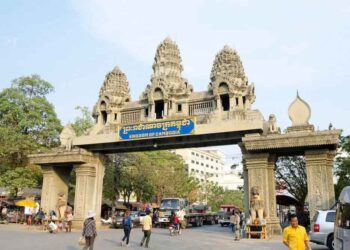The Philippines is considering tighter legislation after its casinos were used to launder most of US$81 million stolen from Bangladesh’s central bank in one of history’s largest cyber-thefts. At a special Senate committee public hearing convened to probe the incident Emmanuel Dooc, a lawyer for the Philippines Anti-Money Laundering Council (AMLC), criticized “gaping holes in our laws.” The head of the Philippine Securities and Exchange Commission Teresita Herbosa meanwhile said her office would push for current rules to be expanded to include the country’s casinos.
The thieves first stole codes belonging to Bangladesh’s Central Bank by hacking into its computer system. Then on February 4 and 5 they used the codes to transfer the money from the bank’s account with the Federal Reserve of New York to four accounts opened under false identities with the Rizal Commercial Banking Corporation (RCBC) in Manila. After this the money was converted into pesos, withdrawn on February 9 and used to buy untraceable chips at three casinos.
Banking secrecy laws hampered the Senate hearing, preventing the RCBC even from disclosing details of the dummy accounts. The AMLC said one billion pesos (US$21 million) of the money was deposited with a Chinese-Filipino junket operator Kim Wong, who said he was handling it for two Chinese high-rollers Gao Shuhua and Ding Zhize. The AMLC is now coordinating with the Chinese government to find Gao and Ding. It is filing charges against Wong, who has returned US$4.63 million and denies wrongdoing. The rest of the money has vanished.
The Philippines revised its existing anti-money laundering law in 2013. At the time, however, lawmakers and the country’s gaming regulator Pagcor successfully argued against including casinos on the grounds that doing so would deter investment. This month a report from the US State Department labelled the Philippines casino industry as “a weak link” in the country’s Anti-Money Laundering regime.




































